The internet, barely scratching the surface at 25 years old, has already rewritten the rules of how we live, work, and connect. But while the last few decades have been defined by massive leaps—from the birth of Google in 1998 to the blockchain and cryptocurrency revolutions—the next chapter may be even more radical. We’re at the dawn of an era that will shatter monopolies, redistribute power, and place the future of artificial intelligence (AI) in the hands of the people. Welcome to the age of decentralized AI.
The Rise of AI: Breaking the Chains of Centralization
In the early days of AI, it was the exclusive playground of a few tech giants. Amazon, Google, Facebook, and Microsoft poured billions into creating AI models so vast and complex that it would take a thousand years to train them on a single computer. These companies held all the cards, able to build neural networks that could process massive datasets, detect patterns, and generate new insights that no human could.
A neural network, for the uninitiated, is essentially a model—a set of interconnected files, algorithms, and data tables that mimic the brain’s neural pathways. It’s what enables AI to “think” and make decisions based on vast amounts of information. Today’s largest models are so advanced that they are untouchable for ordinary people. The big players in Silicon Valley can create AI systems 1,000 times more powerful than what smaller companies or individuals have access to.
But what if that balance of power could shift? What if AI could be liberated from the grip of a few mega-corporations and placed into the hands of the many?
Decentralization: The Game-Changer
The concept of decentralization is not new. We saw its early potential in 2008 with the birth of blockchain, which allowed people around the world to mine virtual coins and make cross-border payments without the need for a central authority. Blockchain was a revolution built on two key pillars: the internet and computer processing power. That’s all it took to create a financial system that transcended borders and institutions. Now, the same forces are converging to create a decentralized AI ecosystem that could dwarf anything we’ve seen before.
Imagine if instead of relying on Amazon’s supercomputers to train AI, the process was distributed across millions of machines globally. Each participant, from someone with a gaming computer to a specialized mining rig, would be able to contribute a small piece of computing power to train massive AI models. This collective effort would not just rival but potentially surpass the power of the largest tech giants.
In this vision, miners wouldn’t be hunting for arbitrary numbers as they do in blockchain systems today. Instead, they’d be working to train sections of AI models, earning cryptocurrency in exchange for their contributions. The resulting decentralized AI would be unstoppable—no single entity would control it, and yet, everyone would benefit from its capabilities.
A Decentralized AI Ecosystem: Revolutionizing Industry
Once this system is in place, the monopolies of today’s tech giants would crumble. No longer would Amazon, Google, and Microsoft be the only ones with access to the world’s most powerful AI models. A decentralized network of participants would collectively possess far greater computing resources than any single corporation.
This would usher in a new era of innovation.
Startups and small businesses would have access to the same AI capabilities as the largest companies in the world, leveling the playing field. Imagine a world where anyone with a great idea could tap into the most sophisticated AI tools, not just the few with deep pockets.
What’s more, this decentralized approach would allow for endless iterations of AI models, all existing on a blockchain as smart contracts. A group of people could create an AI model as a smart contract, enlist others to train it, and then collectively profit from its usage. This ecosystem would not only democratize AI but also open up new revenue streams for those who contribute computing power and data.
The End of Tech Monopolies
If decentralized AI becomes the norm, we’ll witness the largest shift in technological power since the dawn of the internet. No longer will innovation be confined to the walls of Silicon Valley. The decentralized AI network would be global, diverse, and inclusive—drawing from a collective intelligence far greater than any one organization could hope to match.
And it’s not just about breaking monopolies. It’s about creating something that works better than the centralized models of today. Imagine the collective computing power of millions of machines, all working in harmony to train and run AI models. This would vastly outstrip the supercomputers of even the wealthiest tech giants. It’s not a matter of if, but when, this shift will occur.
A Future Powered by Decentralization
The flow of technology is making us more autonomous by the day. Today, we can pull endless information from the internet in seconds. Solar panels are making energy more accessible to individuals, and decentralized currencies like Bitcoin have shown that it’s possible to build entire financial systems without a central authority. Decentralized AI is the next logical step in this evolution.
In the near future, decentralized AI systems could power everything from personalized medical care to autonomous vehicles and home assistants. These AI systems wouldn’t belong to a single company or government; they’d belong to all of us, growing and improving as more people contribute their computing power and data. The possibilities are limitless, and the implications are enormous.
Imagine a world where you have your own personal AI, trained not by a distant corporation but by a decentralized network. This AI could handle everything from managing your household to running your business, all while respecting your privacy and autonomy. The days of being beholden to tech giants for cutting-edge technology could soon be behind us.
The Role of Internet Computer Protocol (ICP)
One of the leaders pushing the boundaries of decentralized AI is the Internet Computer Protocol (ICP), which is solving some of the most pressing issues in the field. ICP’s decentralized network of nodes ensures data privacy by processing information without relying on centralized servers. This is a huge leap forward, especially for industries like healthcare where data privacy is critical.
ICP’s governance model is another game-changer. Unlike most AI platforms, which are controlled by a few major players, ICP is community-driven. Developers and users have a say in how the network operates, making it a true decentralized system. This model empowers people rather than corporations, putting decision-making back in the hands of those who use and build AI systems.
Technically, ICP is blazing a trail by removing the need for traditional cloud infrastructures. Many so-called decentralized AI platforms still rely on centralized servers at some level, but ICP runs AI applications directly on a decentralized web, eliminating the middleman and ensuring continuous uptime.
A Bold Future: Decentralized AI for All
We stand on the brink of a new technological revolution. Decentralized AI will not only disrupt monopolies but also foster innovation, empower individuals, and create a more equitable digital landscape. The tech giants of today may not hold their dominance much longer, as the collective power of millions—maybe billions—of people harnesses the true potential of artificial intelligence.
The future belongs to everyone. With decentralized AI, we’re moving into an era where no single entity will have a stranglehold on innovation. The power will be distributed, and so will the benefits. The question is not whether decentralized AI will change the world—it’s how soon it will happen.
Are you ready for the revolution?


